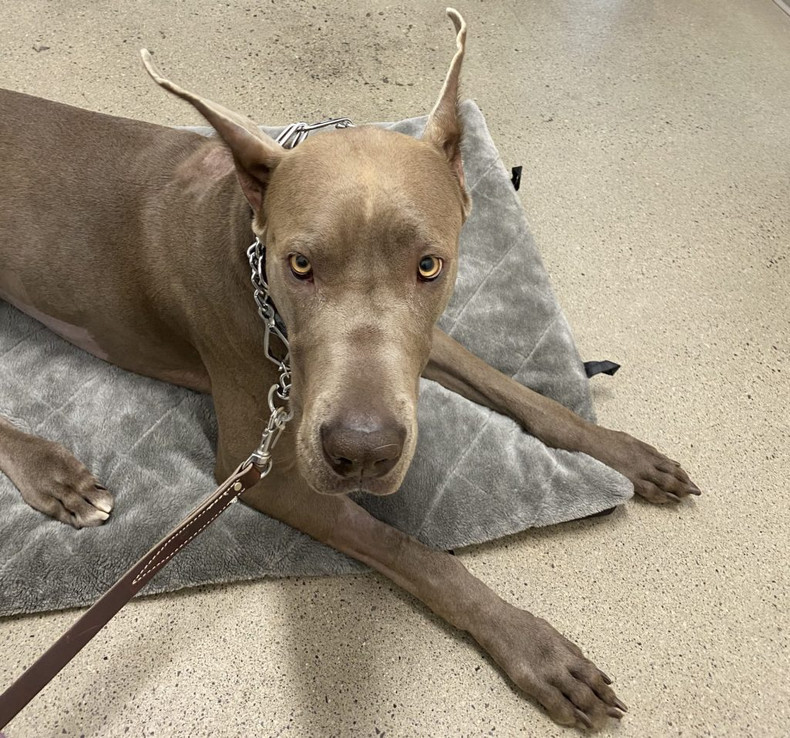 In the last few centuries, modern science has proven that seemingly impossible medical problems could be tackled, and that most diseases have a solution. One of these modern-day discoveries are vaccines. And arguably, this era of discovery - vaccines and antibiotics included - has been one of the greatest breakthroughs in modern medicine.
In the last few centuries, modern science has proven that seemingly impossible medical problems could be tackled, and that most diseases have a solution. One of these modern-day discoveries are vaccines. And arguably, this era of discovery - vaccines and antibiotics included - has been one of the greatest breakthroughs in modern medicine.
To give some context, vaccines were made to activate the immune system by giving the body a manageable dosage of said disease, and allow it to naturally create antibodies. As a result, vaccines help organisms identify and remove viruses, and prepare and strengthen our pets immune system. How is it possible then, that more and more people talk about the negative side effects of vaccines? How come more pet owners are actually scared to vaccinate their pet? Why is it that the innocent goal of vaccines is being questioned in society, and people have grown suspicious of its risks?
Research in medicine often reveals its effectiveness over time - whether good or not - and it is this duration that allows us to observe the reaction and long-term effects of vaccines. My 35 years of experience as a veterinarian, practicing in Europe and the US, have given me a blend of insights from both Western and holistic veterinary practices.

After years in the health industry and observing vastly different practices and philosophies, I believe the biggest problem might not be vaccines, but rather the fear that is built from all parties involved when not being vaccinated against all viruses. This growing pressure to over vaccinate and the motto: “more is better,” might be good for a herd population, but does not work best for individual approaches of pets. In addition, one can then debate if there might be business goals involved that affect the purity of health goals.
Fear is a natural reaction for all - don’t get me wrong, no one wants to get sick - and it actually is a natural phenomenon needed for survival. However, this fear should be natural fear, not fear stimulated by the media, pharmaceuticals, and trends. If fear is not properly managed, it can be exploited by various parties involved in the health and veterinary sectors. For instance, the term "best reasonable effort," used by pharmaceutical companies and health organizations, may not always cater to individual needs or situations, but is sometimes driven more by business objectives than pure health goals.
Pharmaceutical industries use their sales representatives to benefit off of people’s fear-based reaction both unintentionally and intentionally. An increase in fear leads to more vaccinations, greater amounts of productions, and more profits hitting their bank accounts. This also leads to the notion that the sooner vaccinated the better, and the more the better.
Secondly, veterinarians tend to follow standard guidelines and might overlook individual needs or specific situations. Often pets’ specific immune levels and conditions are missed or simply not checked prior to administering vaccinations, a result of the “herd population” mindset. Things like not testing blood for pre-existing antibodies, and failing to consider high stress levels are examples of this.
Thirdly, breeders might over-vaccinate offspring, thereby diminishing or eradicating natural antibodies and potentially leading to health issues like allergies, inflammation, and a predisposition to other diseases. I do not want to speak for all breeders, but this over-vaccination can be a reaction to the pressure of delivering 'perfect' puppies, driven by a misunderstanding that living beings, unlike inanimate objects, are inherently unique and imperfect.
To conclude, administering vaccines too early or too much at once compromises the immune system. I have seen acute reactions, especially those that target the nervous and digestive system right after administration. However, often the worst impacts are only seen after weeks and months; having weakened major detoxification organs and leading to hidden varieties of allergic reactions, GI issues, skin problems, and neurological and behavioral disorders.
While our bodies, like those of our pets, can endure various abuses and recover, it's essential to recognize that each body has its limits. What might be deemed as the "Best reasonable effort" might not be suitable for every individual. As a veterinarian, I recommend that pet owners to be more conscious and discerning. Understanding the pet's initial environment, avoiding immediate vaccination upon acquiring the pet or early puppy stage, and spacing out vaccines are crucial steps.
Additionally, minimizing chemical exposure during vaccination periods and considering detoxification post-vaccination are vital for maintaining a pet's immune system. Owners adopting from shelters might not have control over the early life of their pets, but spreading out vaccinations and allowing the immune system to balance is still important. In general, these measures can help ensure the health and well-being of our pets in a more informed and balanced manner.
In the next blog I will discuss: Vaccination with Awareness and Using Vaccine Nosodas.

